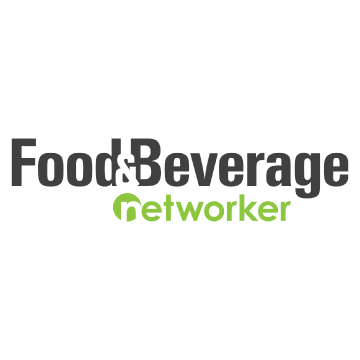Mideast Food Chains Expand Abroad
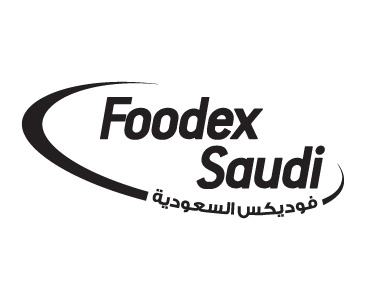
Mideast entrepreneurs who’ve taken on that international competition are now turning the tables, spreading restaurant chains serving local cuisine like falafel overseas and proving that the globalization of food isn’t a one-way drive-thru lane.
A United Arab Emirates-based chain called Just Falafel opened its first branches in the United States and Canada last month. Started in Abu Dhabi in 2007, the privately owned company is pushing ahead with a rapid international rollout that has already brought its fried chickpea balls to Cairo, Istanbul and London.
It aims to expand from 52 branches to more than 900 in the years ahead, including new locations in Europe and North America.
The company’s enthusiastic British-Lebanese CEO, Fadi Malas, sees a big potential market for the company’s wraps and other Mediterranean offerings, such as hummus and tzatziki, a yoghurt and cucumber dip. He says he’s not worried about consumers being scared off by a food many have never heard of, let alone tried.
"It would be crazy to think that we’d all be eating sushi so casually 20 years ago," he said during an interview in one of his Dubai branches. "I think it will be silly not to assume that everybody will be consuming falafel sometime down the road, you know, as we consume sushi and everything else."
Just Falafel isn’t afraid to innovate. Its more traditional Lebanese and Emirati offerings share menu space with Mexican, Japanese and Indian-themed sandwiches.
One of its latest creations — including beets and salsa — is the Californian, a nod to the launch of its first American outpost in the Bay Area town of Fremont. The company has deals to open more franchises in New York, New Jersey, Kentucky, Texas and Los Angeles.
"Falafel is a world food now. ... We see ourselves to be the next Chipotle," said Kevin Shoaito, owner of the Fremont franchise. After more than two decades in the restaurant business, much of it at Olive Garden, he became Just Falafel’s first U.S. franchisee and plans to open three more branches by next year.
Shoaito sees a gap in the falafel market, which he described as dominated by mom-and-pop operations lacking consistency. He said the initial reaction to his store has been strong, drawing a diverse range of customers.
Another Emirati company serving up traditional Middle Eastern street food, Man’oushe Street, got its start in Dubai selling oven-baked flatbreads covered with cheese, thyme and sesame seeds, or minced meat.
With eight existing Dubai locations, founder and CEO Jihad El Eit plans to expand in the Middle East and Europe, opening the first four stores in Egypt and announcing a deal last month for 12 branches in the Gulf nation of Qatar. The company also reached a deal with Egyptian franchisee Wadi Degla — which also has a franchise deal with Just Falafel — that includes plans for 35 branches in the Netherlands, Belgium and Luxembourg, the first of which are expected to open later this year.
Like Just Falafel, Man’oushe Street doesn’t only target Middle Eastern customers. El Eit estimates that 40 percent of his clientele is non-Arab, and the chain offers items like pepperoni pizza to reach a broader audience.
He credits the company’s home of Dubai — with its cosmopolitan feel and Western-level standards — for helping fuel the growth.
"Dubai is a city that ... pushes you to be perfect in every single step of the process," he said at a branch tucked amid newly built high-rises. "With the tourism that you have here, a lot of people might try to eat something they haven’t tried before."
Premium date purveyor Bateel also sees potential in Europe. So too does Dubai hospitality company Jumeirah Group, which earlier this year opened a branch of its Asian-inspired The Noodle House chain in London’s West End.
Bateel sells its sweet fruits — harvested from 160,000 Saudi palm trees — and other date-based products in boutiques similar to those of luxury chocolatiers.
It is increasingly building up its cafe business, where offerings like quiche, risotto and couscous draw inspiration from both East and West. It already has two shops in London, and recently opened a branch in Moscow.
"From the very beginning, we knew we wanted to have something that has potential to develop internationally. ... That’s why we never made it a very ethnic, Arabic style," Managing Director Ata Atmar said. "You don’t need to really be a European country to come up with a good concept."
Bateel plans to open several new branches in the Emirates and in the nearby Gulf countries of Saudi Arabia, Qatar and Kuwait over the next two years. It is also looking to expand in markets on the edges of Europe, such as Russia and Turkey, as well as in the Far East.
Darren Tristano, an analyst at Chicago-based food industry research firm Technomic, said there are opportunities for Mideast brands to showcase "more authentic, ethnic foods" as younger consumers seek out new tastes.
But that doesn’t make it a sure bet.
"It is very difficult to sell falafel or Lebanese flatbreads to a consumer base that has grown up with burgers and pizza," Tristano said. — AFP
More info: http://www.saudigazette.com.sa/index.cfm?method=home.regcon&contentid=20140721212158



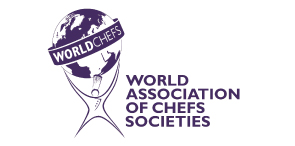
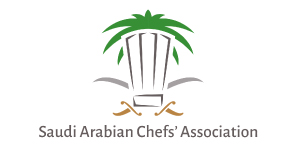









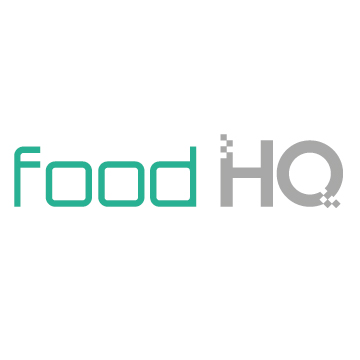
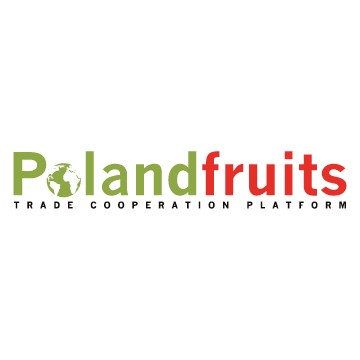






















.jpg)












